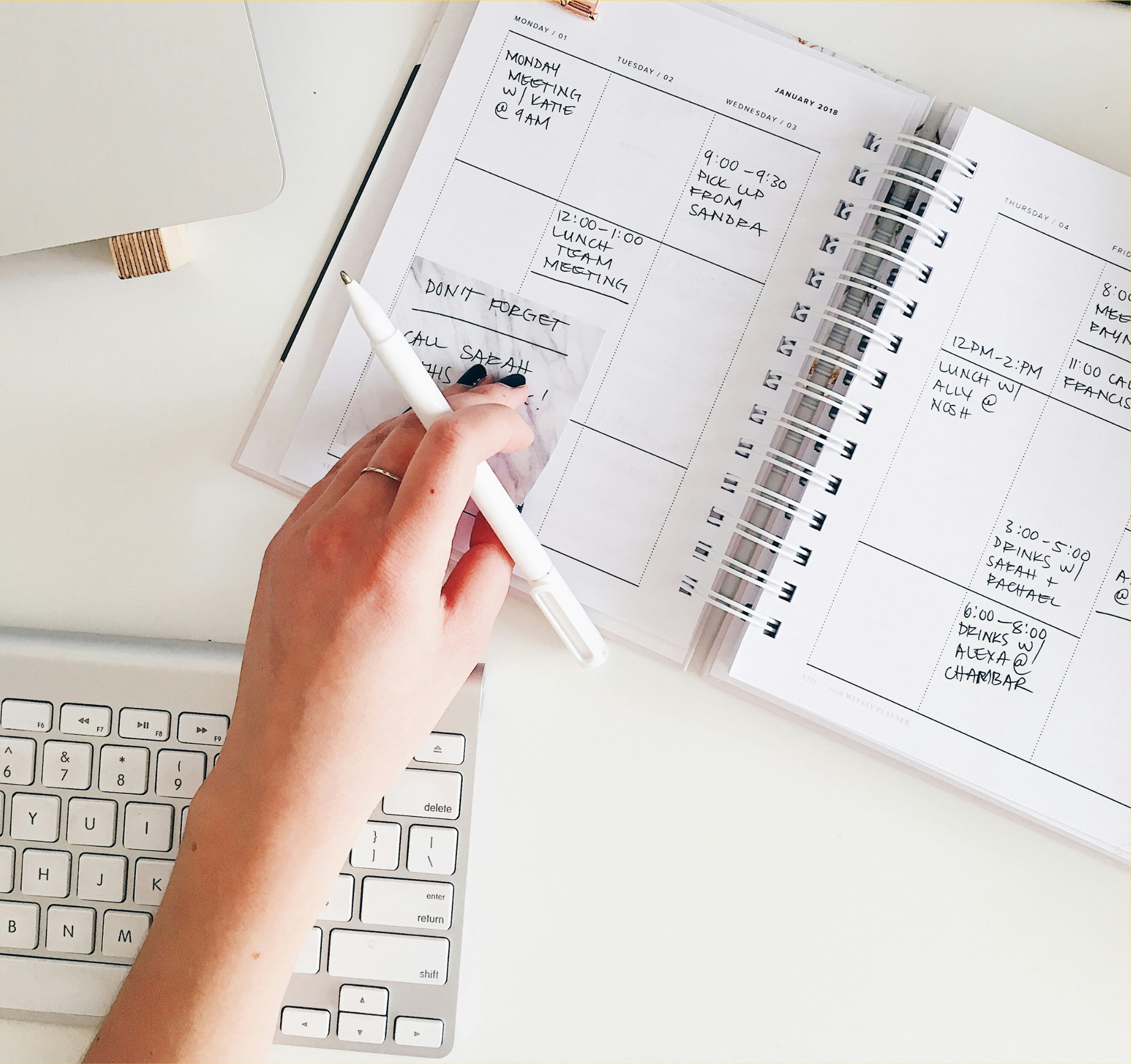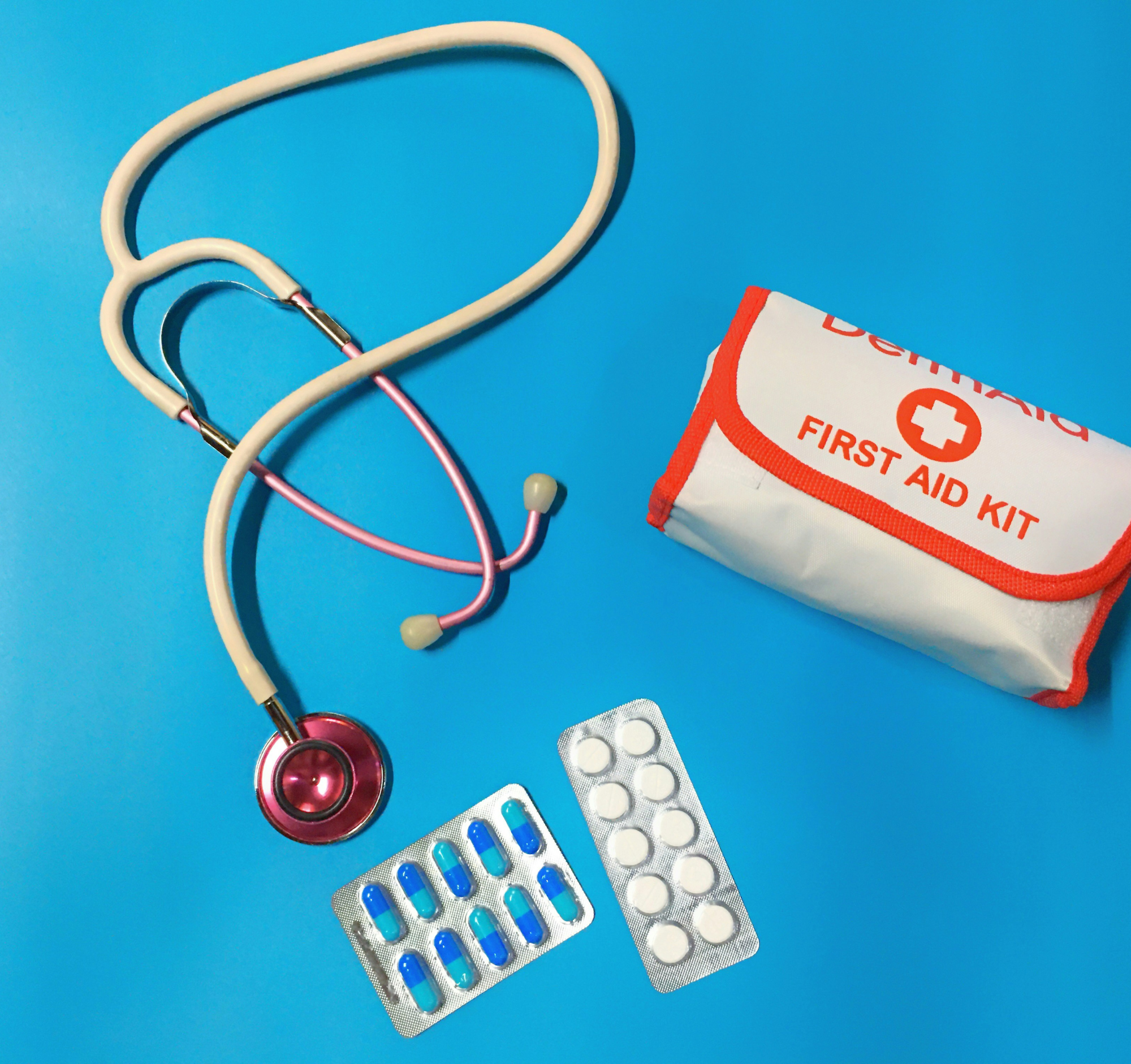

Preparing for Flares
Living with MCAS can be tough, it can help to plan ahead, to try and reduce the impact flares can have.
Understanding MCAS, how it impacts you and knowing your triggers, where possible, is helpful. Familiarising yourself with common triggers can help equip you to anticipate potential triggers and take preventive measures where possible.
Paying close attention to subtle changes in your body that may signal an impending flare can help you to recognise how your body responds to different triggers. Signs could include increased fatigue, heightened sensitivity to certain stimuli, changes in bowel habits, skin reactions, or a sense of unease.
Recognising these early warning signs may allow you to take preemptive action before the flare escalates.

Create a Flare Plan
Developing a personalised flare management plan, where possible in collaboration with your healthcare provider, could help you to prepare for and reduce the symptoms you experience. Your plan could outline specific actions to take during a flare, including medication dosage adjustments, emergency contacts, and when to seek medical attention.
Within your flare plan, you may want to include items to assist with nutrition and hydration:
- Safe, non-triggering foods
- Electrolyte drinks or tablets to maintain hydration if tolerated
Ensure that you understand each aspect of the plan and have it easily accessible for reference during flares.

Stock Up on Medications
Where possible, ensure you have an adequate supply of prescribed medications to manage symptoms during flares. Keep medications easily accessible at home and consider carrying a portable supply when traveling or when you'll be away from home for extended periods.
You may want to consider keeping some of the below close by, for symptom relief:
- Ice packs or cold compresses for skin reactions
- Topical corticosteroids or other treatments for skin rashes if tolerated
- Saline nasal spray for congestion or sinus issues, if tolerated
- Eye drops for ocular symptoms, if tolerated
- Calming lotions or creams for skin irritation (choose ones without triggering ingredients)

Maintain a Well-Stocked Emergency Kit
Preparing an emergency kit containing essential items such as antihistamines and any other medications or supplies recommended by your healthcare provider could be helpful when a flare strikes. You could store this kit in a readily accessible location at home and keep a smaller version with you when away from home.
You may want to include keeping some of the below in your emergency kit:
- Emergency contact information (including for healthcare providers)
- Medical alert bracelet or necklace indicating MCAS
- Epinephrine auto-injector (if prescribed)
- Written emergency action plan (including steps to take in case of anaphylaxis if appropriate)

Identify Safe Spaces
It can be helpful to identify environments where you feel safest during flares, such as your home or a quiet room with minimal triggers. Making these spaces comfortable and easily accessible, ensuring they’re equipped with necessary supplies and amenities to support you during flares could make it easier to get through tougher times.
Within your safe space, you may want to include some comfort items, such as:
- Soft, non-irritating clothing (cotton is often a safe choice)
- Blankets or wraps for temperature regulation
- Distraction items like books, puzzles, or movies to help pass the time during a flare

Communicate with Others
Many people with MCAS find it helpful to inform family members, friends, coworkers, and caregivers about their condition and let them know how they can assist during flares.
Providing them with essential information, such as flare management plans and emergency contacts, could help to ensure prompt support when needed.
Where possible, maintain regular communication with your healthcare team to monitor your condition, adjust treatment plans as needed, and address any concerns or questions you may have.

Prioritise Self-Care
Many people find it helpful to incorporate stress-reduction techniques, such as mindfulness, meditation, yoga, or deep breathing exercises, into daily routines. Prioritising rest, hydration, and nutritious eating habits where possible can contribute to overall well-being and minimise the likelihood of flares. You can view and sign up to our events here.
Supportive tools you may wish to consider:
- Stress-relief techniques (e.g., meditation, deep breathing exercises). You can find some videos on our YouTube channel.
- Supportive pillows or cushions for comfort during rest
- Mobility aids if mobility is affected during flares
- Communication tools to keep in touch with loved ones or healthcare providers if needed
- Things you enjoy, such as your favourite film, music, book, loungewear, tolerated snacks or a photo album of your favourite pictures.

Monitor Symptoms
You may find it helpful to keep track of your symptoms and potential triggers using a symptom journal or mobile app. Documenting patterns and trends can help identify triggers and refine your flare plan over time.
If you haven't done so already, it may be worth preparing the below documentation:
- Symptom diary to track triggers and flare patterns
- List of known triggers and avoidance strategies
- Medical history summary, including current medications and allergies, for easy reference during medical appointments

Stay Positive
While flares can be challenging, maintaining a positive outlook and focusing on what you can control can improve resilience and overall well-being. Seek support from our online communities, support groups, or mental health professionals to navigate the emotional aspects of living with MCAS.
Try to focus on your strengths, accomplishments, and the progress you've made in managing your condition. Surround yourself with supportive individuals who uplift and encourage you on your journey. Remember that while flares may be challenging, they do not define you, and with proper preparation and support, you can survive them.
By implementing these strategies and staying proactive, you can effectively prepare for flares and try to minimise their impact on your daily life. Remember, you are not alone in this journey.
Remember, individual needs may vary, so where possible, please work with a healthcare provider to tailor a flare management plan specific to your situation. The above suggestions are intended to complement advice given by your medical team and should not be considered medical advice.
Become a friend
Sign up to become a Friend of Mast Cell Action so we can keep you up to date on our progress and on how to get involved in our latest campaigns and initiatives.
Donate
Mast Cell Action relies entirely on the generosity of people like you. Please make a donation now and together we can make a difference to those affected by MCAS.







